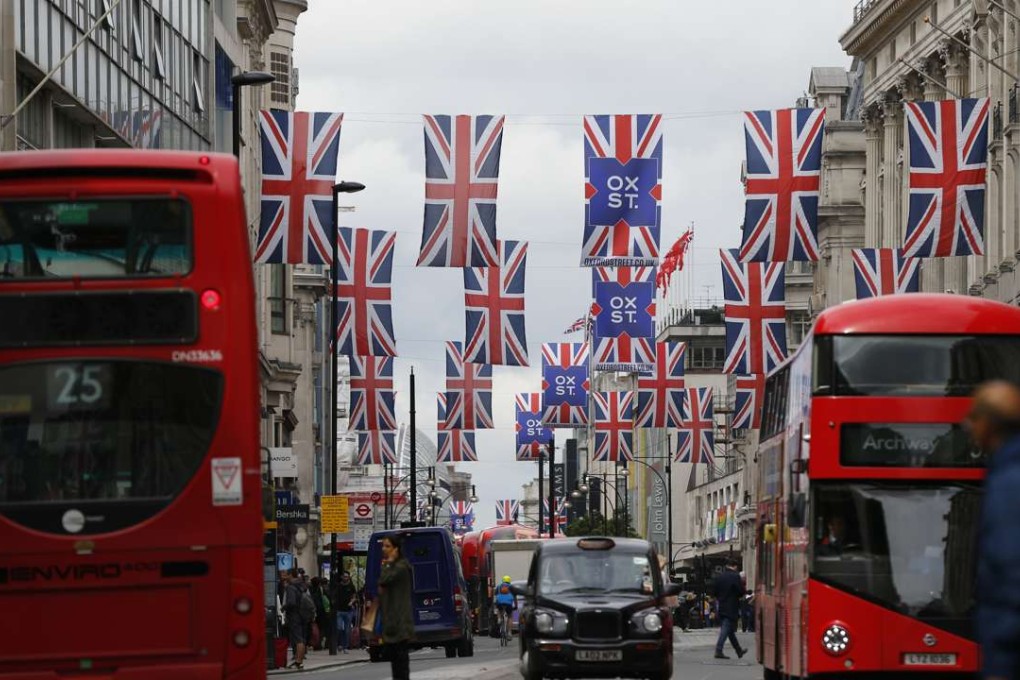Macroscope | No margin for error as UK sets about sealing new trade agreements
Britain will launch a charm offensive as it tackles the ‘daunting task’ of rewriting trade deals in the post-Brexit world

When a majority of British voters opted on June 23rd to have less to do with foreigners, they ushered in a prolonged and costly period of economic and political uncertainty.
Like most divorces, the degree of difficulty Brexit encounters will be determined to a large degree by how much goodwill parties bring to, and generate at, the table.
Revamping trade policy is a large component of the extrication process. Currently, the UK is part of a customs union and single market inside the European Union.
The WTO is the legal bedrock for international trade, but is not at the cutting edge of freer markets
The customs union unites its members in a uniform external trade policy with the rest of the world. The single market ensures the four freedoms – freedom of movement of goods, services, capital and labour, albeit with some exceptions.
If Brexit means Brexit, as Prime Minister May has said, maintaining the customs union is out of the question. Alternatives include a free trade area or default to the World Trade Organization.
A free trade agreement would mean a more distant relationship with the EU because unrestricted access would require proof that products originate in the preferential area. These rules of origin impose a non-trivial cost on trade flows.
What of the single market? All or part of it could be maintained between the UK and EU in a free trade agreement. One possibility is the so-called Norwegian option, allowing single market access to nations within the European Economic Area (Norway, Iceland and Liechtenstein).


